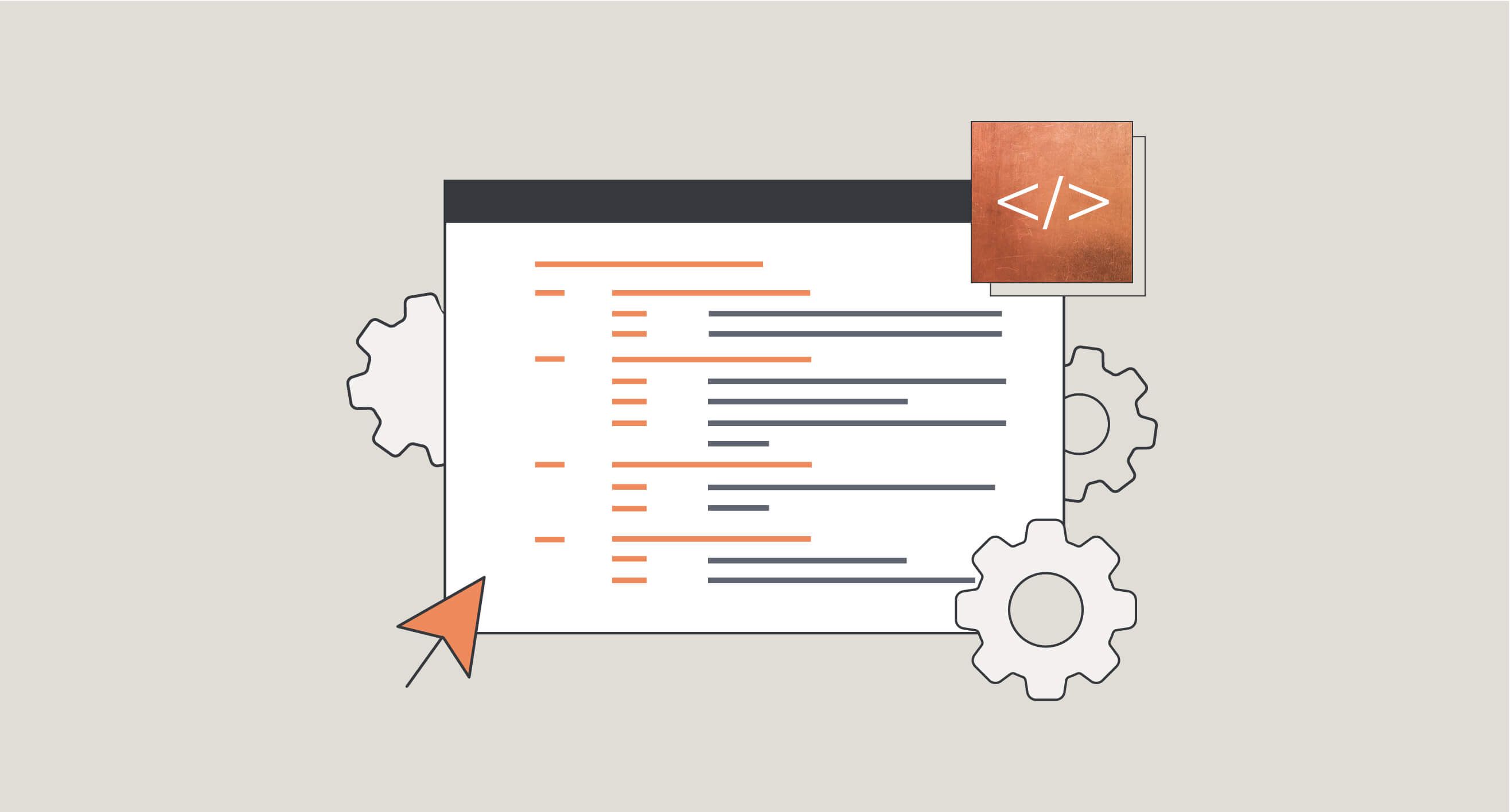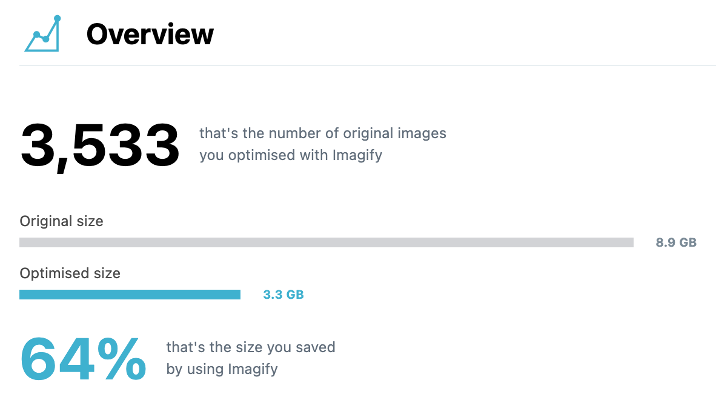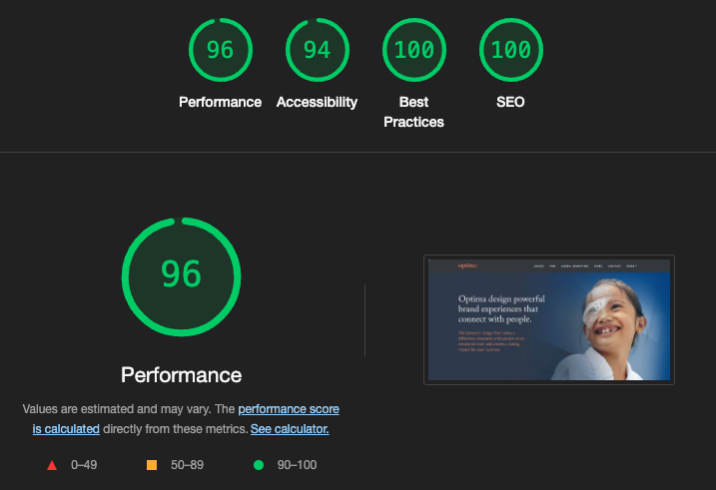Why website maintenance matters
Date published: 25 November 2024 Updated: 29 November 2024
Much like a car needs regular servicing to remain roadworthy, your website requires ongoing care to stay fast, secure, and effective.
All too often, websites coast after launch, gradually degrading over time as content is added or removed and technology advances. Even the best-designed sites can fall victim to slow loading speeds, broken links, and outdated information – issues that frustrate users and damage your reputation. Regular website maintenance is essential for ensuring your site remains functional, relevant, and safe.

Security: your website’s digital safety net
Arguably, the most critical aspect of website maintenance is keeping your site and users secure. Whether your site is small with only a handful of pages or much larger and more complex, staying up to date with security is paramount. Sites with outdated plugins or security measures may be at risk of attacks, data leaks, and spam ‘flooding’. These risks can overwhelm your forms, comments, or email systems, spreading malicious content or wasting valuable server resources. These types of attach can also take your website down.
Regular updates to your content management system (CMS), website plugins, and libraries you ensure your website uses the latest and most secure technologies to protect against potential threats. It’s a proactive way to safeguard both your data and your reputation.
Performance: because speed matters
Visitors expect your site to load quickly and work without hiccups. Slow loading times or glitches can quickly send them elsewhere. Maintenance tasks like optimising images, fixing broken links, and cleaning up your site’s backend can have a surprisingly big impact on site performance. For example, reducing the size or switching to faster file formats like WebP can result in much faster load times. Regularly updated sites that load faster provide a better user experience and positively influence search engine rankings. Tracking user engagement and monitoring metrics like bounce rates can reveal if performance issues are causing frustration among website users.
As the digital world evolves, the technologies your website relies on – such as PHP and JavaScript libraries – must stay up to date. Older versions eventually stop receiving updates, which can break functionality or introduce vulnerabilities. As developers we keep the website we look after aligned with the latest versions including the languages and plugins to ensures it continues to run smoothly.

Plugins like Imagify help us to deliver website imagery in the optimal file format to improve website performance.
SEO & site traffic: staying relevant and discoverable
Search engines reward active, well-maintained websites resulting in a wider reach for your site and potentially more traffic. Regular updates, fresh content, and adherence to SEO best practices signal to Google that your site is relevant, improving your rankings and making it easier for new visitors to find you. Neglect maintenance, and your site risks dropping in visibility.
SEO and content are their own topics, but beyond the technical side, engaging and updated content plays a major role in retaining visitors and attracting repeat traffic. A lively blog, news, or events section not only keeps your audience engaged but also demonstrates that your site is active and trustworthy. Search engines reward this activity, boosting your visibility and reach. Supporting clients with content, content optimisation and SEO support is another facet of Optima’s maintenance packages.

We regulalry monitor website performance across the Google Core Web Vital performance indicators.
User experience: it’s important to make a good impression
Your website is an extension of your brand, and a well-designed and maintained website reflects professionalism and reliability, giving a positive impression of your brand. Outdated content, broken links, or glitches can give visitors the impression that your business is inactive or disorganised. Maintaining the structure and design of your site to be in keeping with your brand image and guidelines is important to keep your website looking polished and cared for.
Cost saving: because prevention is cheaper than cure!
Think of maintenance as a proactive investment. By addressing small issues before they escalate, you can avoid the costly downtime, data loss, or emergency fixes down the line. Proactive maintenance keeps your website running smoothly, saving you time, money, and stress.
Our tips on how to keep your website in shape
A comprehensive maintenance plan should include:
- Updating software and plugins: Stay secure by keeping your CMS, themes, and plugins current.
- Regular backups: Ensure you can quickly recover your site with automatic backups.
- Fixing broken links: Keep navigation smooth and user-friendly by repairing links to error pages.
- Optimising speed: Compress large files, improve load times and page rendering.
- Refreshing content: Update outdated information and create new content to keep your site relevant.
- Monitoring analytics: Use data insights to identify opportunities for improvement.
You need to act urgently when:
- Your pages take ages to load.
- Visitors encounter broken links or error messages.
- Features or plugins don’t work as expected.
- You haven’t updated your site in months – or years.
- Traffic and engagement metrics are on a downward trend.
How we can help
A well-maintained website isn’t just about avoiding problems – it’s about building trust, improving user satisfaction, and staying ahead of the competition. Optima offer tailored maintenance plans, designed to keep your site secure, fast, and effective. Our packages range from Bronze, which covers essential regular updates, to Silver, Gold, and Platinum options, offering additional benefits to suit your needs. It is a good idea to carry out an annual audit to assess if your current maintenance package is fulfilling your needs and adjust your maintenance level as needed.
A website performance audit is a great starting point and fresh perspective to getting your website back on track. We can produce a full performance report to give you a picture of your website health. Based on the findings, we’ll provide tailored suggestions, and if needed, we can even arrange training sessions to empower your team to manage some tasks internally.
Our audits provide a comprehensive assessment of your website, including:
- Security Checks: We’ll identify vulnerabilities such as outdated software, plugins, or weak security measures that could expose your site to cyber threats.
- Performance Analysis: Using tools to monitor site speed, server response times, and resource usage, we’ll determine where bottlenecks are occurring and how to fix them.
- SEO Review: We’ll assess how well your site meets current SEO best practices, including mobile-friendliness, metadata, and search visibility.
- User Experience (UX): Broken links, outdated content, or poor navigation? We’ll highlight areas that could improve visitor satisfaction and engagement.
- Technical Recommendations: We’ll review the technical architecture, ensuring your site’s back-end systems are efficient, up-to-date, and compatible with the latest web standards.
Not sure where to start? Get in touch for a chat – we’re here to help you get your site back on track and performing at its best.


